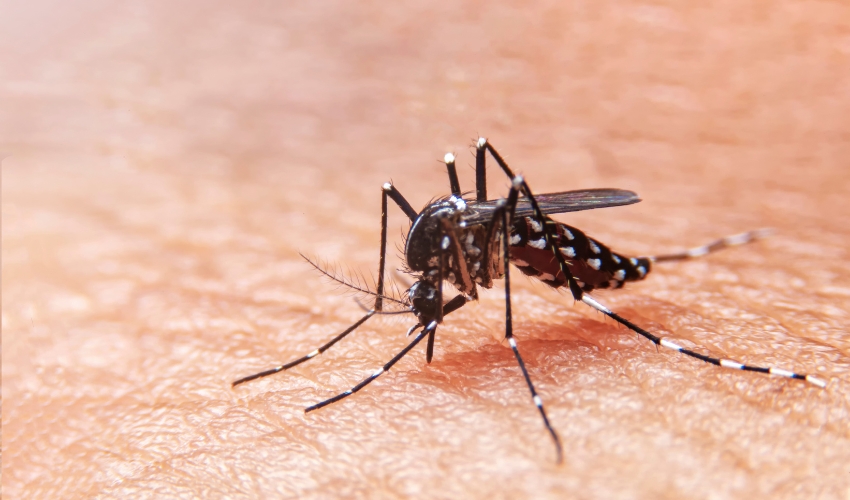Every April, pet lovers across the country observe Heartworm Awareness Month — a timely reminder of the serious (but preventable) threat heartworms pose to our beloved dogs and cats. But how much do you really know about this dangerous parasite?
If you’re a pet parent, this is information you can’t afford to ignore.
What Are Heartworms?
Heartworms (Dirofilaria immitis) are parasitic worms that live in the heart, lungs, and blood vessels of infected animals. Spread by mosquito bites, these worms can grow up to a foot long inside your pet’s body, causing severe lung disease, heart failure, organ damage — and even death.
Why Is Heartworm Awareness Month So Important?
Heartworm disease often shows no early symptoms. By the time your pet looks sick, the damage may already be severe.
The American Heartworm Society reports heartworm cases in all 50 states — meaning no pet is completely safe, regardless of location.
How Do Pets Get Heartworms?
It’s shockingly simple:
-
A mosquito bites an infected animal.
-
That mosquito carries microscopic baby worms (larvae).
-
When it bites your pet, the larvae enter their bloodstream.
-
Over several months, those larvae grow into adult heartworms.
And just like that — your pet’s health is in serious danger.

Signs of Heartworm Disease in Pets
In Dogs:
-
Persistent cough
-
Fatigue after light activity
-
Weight loss
-
breathing
-
Swollen belly (due to fluid buildup)

In Cats:
-
Coughing or asthma-like attacks
-
Vomiting
-
Loss of appetite
-
Sudden collapse or death (in severe cases)

Scary, right? That’s why prevention is key.
The Good News: Heartworm Disease Is 100% Preventable
Preventative medications from your vet can protect your pets year-round. These come in:
-
Chewable tablets
-
Topical treatments
-
Injectable options (for dogs)
In fact, many also prevent other parasites like fleas, ticks, and intestinal worms, which gives your pet broad-spectrum protection.
Heartworm Prevention Tips for Pet Parents
- Schedule annual vet check-ups & heartworm testing.
- Give monthly preventatives — on time, every time.
- Limit outdoor exposure during peak mosquito hours (dawn & dusk).
- Use pet-safe mosquito repellents or screens.
- Learn the symptoms & stay vigilant.
Final Thoughts
Heartworm treatment is not only expensive (often over $1,000) — it’s also hard on your pet’s body. Worse, treatment options for cats are extremely limited.
Why risk it when prevention is safe, simple, and affordable?

Stay informed, stay prepared, stay pet-healthy.
Heartworm Awareness Month is the perfect reminder to protect your pets before it’s too late.
Ready to learn more about heartworm prevention and other essential pet health tips?
👉 Visit https://doobert.com/pet-health/ for expert-backed resources every pet parent should have!











